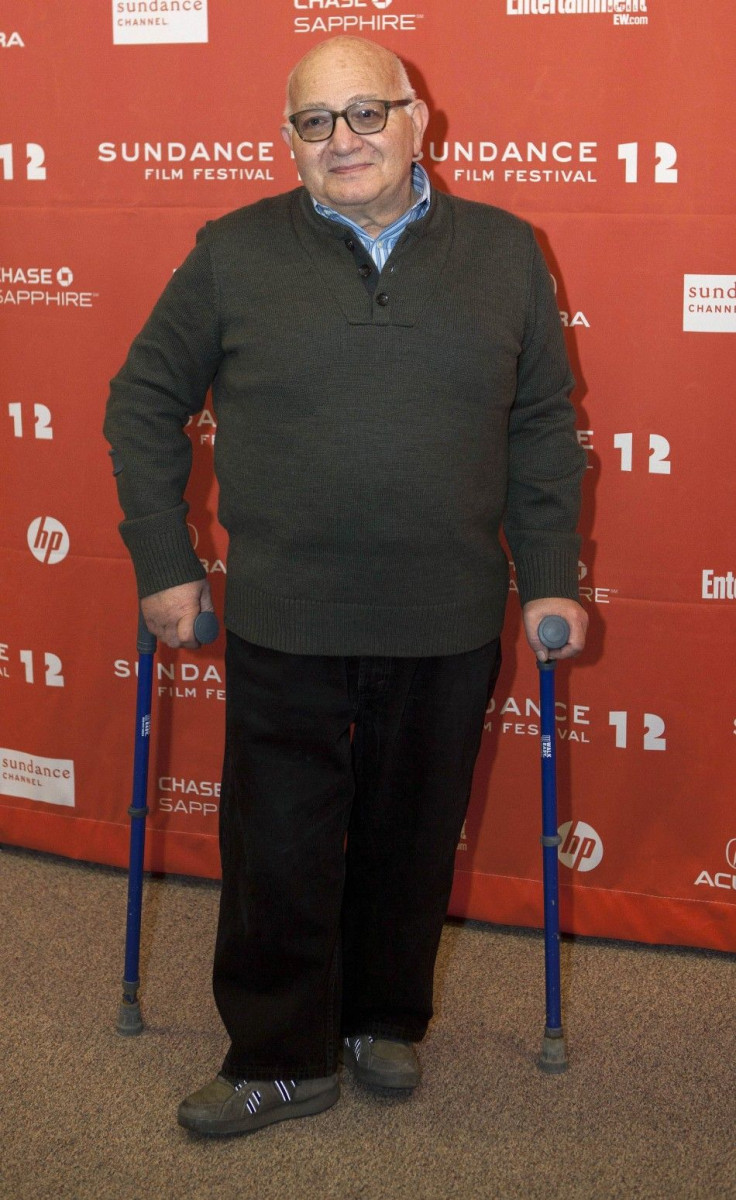'Sundance or Nothing': With Stakes High in Park City, Persistence Pays Off -- Sometimes

The Sundance Film Festival held its award ceremony in Park City, Utah, Saturday night, after a week and a half that will be remembered for thrilling debuts and an unexpected tragedy (the death of indie film pioneer Bingham Ray.)
In the U.S. Dramatic Competition, a newcomer and a latecomer were awarded the Grand Jury Prize and the Audience Award, respectively -- and both their films were picked up by Fox Searchlight.
29-year-old Benh Zeitlin was the breakout director of the 28th Sundance Film Festival, winning the Grand Jury Prize for his first feature, "Beasts of the Southern Wild." The Audience award went to "The Surrogate," T.V. veteran Ben Lewin's first narrative feature in almost two decades, and his Sundance debut.
"I've been through almost every disappointment the film industry can throw at one," Lewin said in a interview for a Sundance promotional video. "It's probably about the right time for me to get into Sundance."
Zeitlin's "Beast" is a mythological tale grounded by grim depictions of its child protagonist's desperate poverty, while "The Surrogate" is a candid portrait of a disabled man -- paralyzed by childhood polio -- determined to lose his virginity.
If successful, "The Surrogate "could revive the career of female lead Helen Hunt, who won an Academy Award 15 years ago; it has already brought unprecedented attention and accolades to its 65-year old director, who walks with the help of crutches due to his own bout with polio.
It's an unusual turn of events for a festival that -- like its Toronto and Berlin counterparts -- is traditionally more concerned with discovering new talent.
"You see a lot of first time filmmakers, but you don't see a lot of second time filmmakers," said Tom Hall, regular Sundance attendee and director of the Sarasota Film Festival. "It's an industry that honors young people."
Sundance also broke its own mold in the out-of-competition category. For the first time in festival history, none of the films in the Premiere section -- which is known as a platform to promote higher-profile projects -- had distribution deals in place before arriving at Sundance (and only a few left with them.)
"In the past, the festival had a reputation for working with the agencies and distributors, providing a launching pad for movies that didn't need the help," Hall said after the Premieres were announced. "They've made some real changes and the fact that none of the premieres already have distribution is a good sign."
When asked if this was a conscious choice, Sundance Film Festival director John Cooper said that programmers did not set out to showcase 'unsigned' films.
"It was not intentional," he said of the category's composition. "Historically, the Premieres section has been for films that came into the Festival with distribution already in place. This year could be a fluke, or a larger indication that distributors are placing greater emphasis on purchasing completed films, rather than producing them."
Indeed, it appears to be in the best interest of Sundance hopefuls to submit a polished film, but that's often easier said than done.
"I think it's a big mistake to submit a rough cut," said writer-director Ramin Serry, who knows from experience: He submitted an unfinished version of "Loveless" to the 2009 festival, and it was not accepted. A Sundance programmer sent an email praising the film, but explaining that he felt it was still too rough. Encouraged, Serry and his filmmaking partner (also his wife) submitted a finished film the following year. Again, "Loveless" was not selected.
"We fell into this trap of 'Sundance or nothing,'" Serry said, admitting with some regret that they did not submit to any other major festival during the year lapse between Sundance submissions. "Loveless" was ultimately self-distributed, earning largely supportive reviews in its limited theatrical release.
"It's a highly competitive marketplace," Hall said, pointing out that "as the tools to make films have come down in price, the number of submissions has gone up. The filmmakers are thrilled to be in the festival."
That thrill can sometimes be short-lived. It's well known now that a strong showing at Sundance does not often translate to box office success. Perhaps harnessed some by last year's cautionary tales -- like Grand Jury Prize winner "Like Crazy," which lost money for Paramount Vintage -- buyers left more films on the table this year. Still, while the festival is over, the door is still open for deals.
Fox Searchlight made two high-profile purchases despite disappointing theatrical runs from 2011 Sundance standouts "Another Earth" and "The Art of Getting By," and there is a hint there could be more to come. The Weinstein Company notably left the festival empty-handed -- only to buy the star-studded "Lay the Favorite" for a reasonably priced $2.2 million on Sunday.
While poorly reviewed, the Kirsten Dunst-led Bachelorette, is expected to acquire distribution, along with screenwriting winner "Safety Not Guaranteed" and Documentary Audience Award winner "The Invisible War." But will post-festival buyers be counting on a fire sale?
[See Indiewire for a complete list of the 24 films acquired at Sundance.]
© Copyright IBTimes 2024. All rights reserved.












